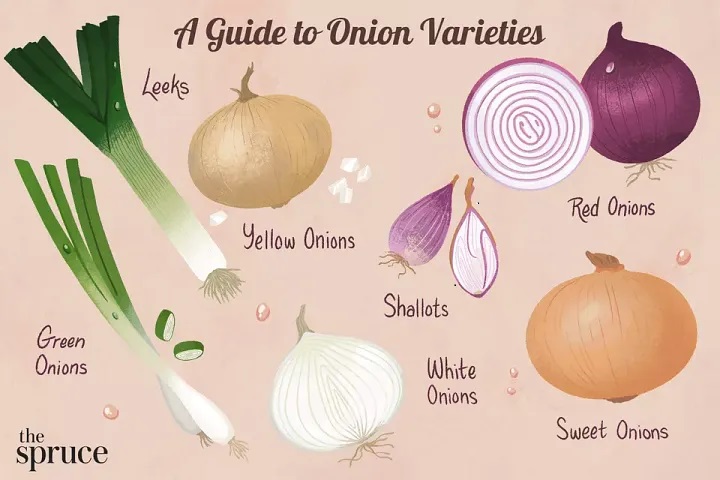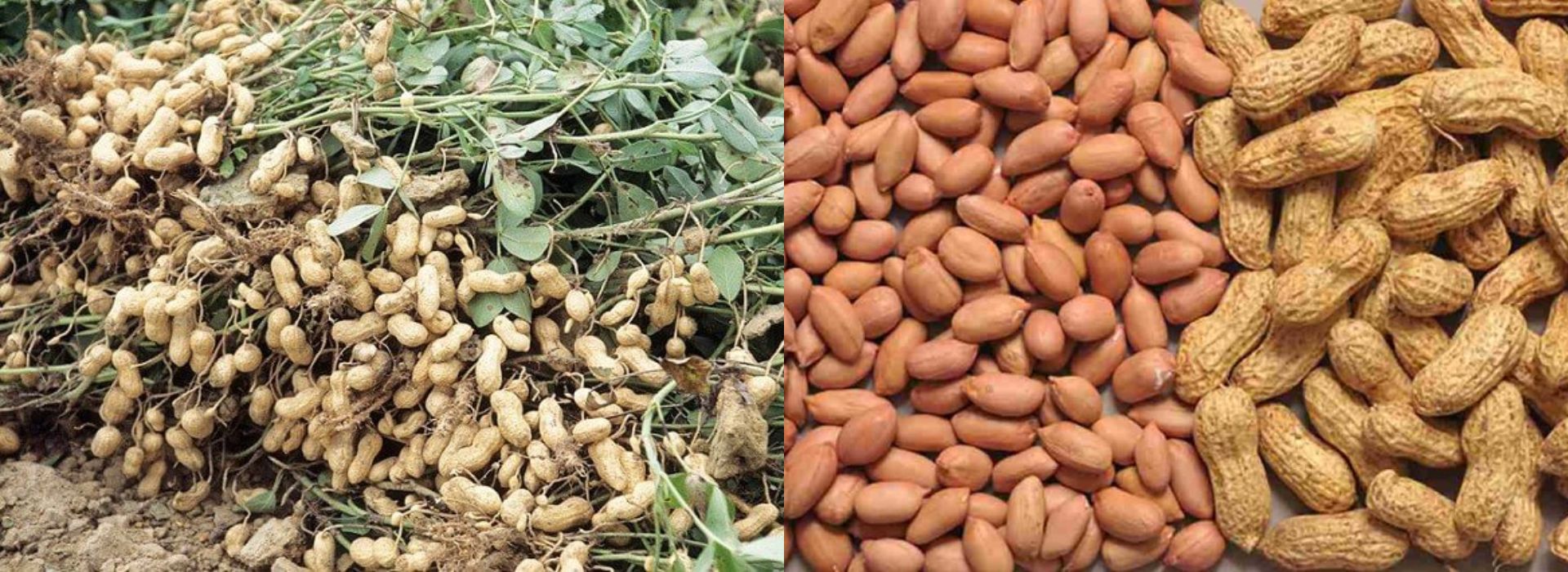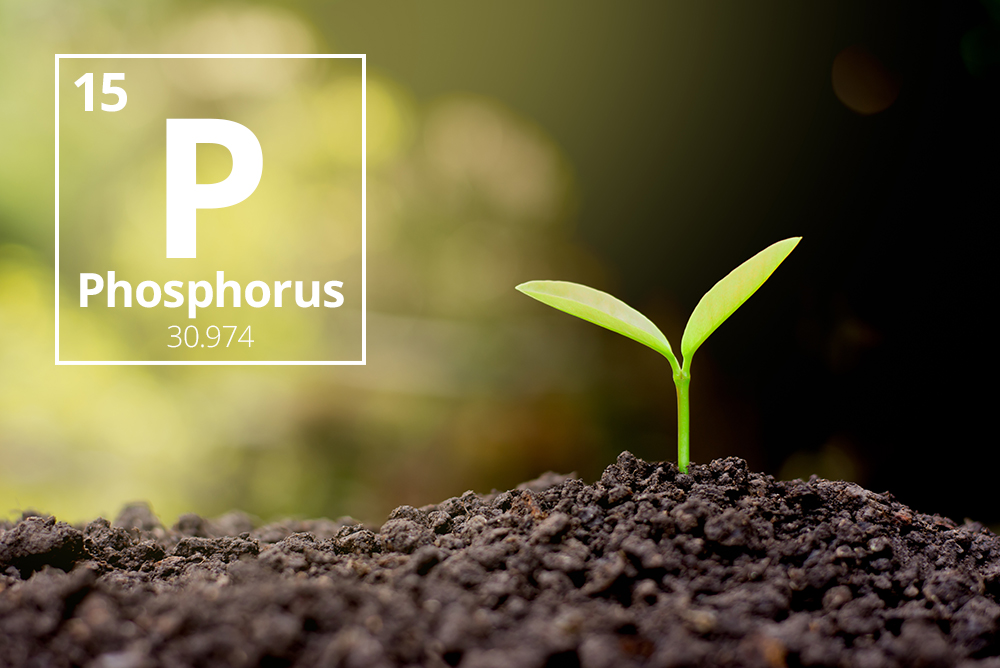the Secrets of Successful Onion Crop Production in India
December 29, 2023Onion Farming in India
However, growing onion requires some crucial things to remember, which further increase the productivity of your onion farming business. To remind you of those important factors, today we came up with this amazing blog which includes the details about the onion crop production guide in India. So without wasting any more time, let’s start this blog.
Varieties of Onion Crop Grown in India
Onion comes in many different shapes, sizes and colours. For instance, large and mature are most eaten around the globe. Young plants are harvested before the buds appear, which is known as spring onion or green onion. Moreover, the young bulbs before maturing are considered as summer onions. Apart from these, the most common varieties of onions are as follows.
Shop Best quality Onion seed at krishibazaar
Red Onion
They are also known as purple onion and are the best choice for fresh use. The red onion packed with nutrients and other antioxidants, making them low in calories.
White Onion
They are traditional onions that are widely used in most Mexican dishes. However, the white onion has a sharper and more pungent flavour. They are significantly more tender and have thinner skin.
Yellow or Brown Onion
These are full-flavoured onions which are the best choice for normal everyday use. They are greenish- white from the inside. These onions are enriched with sulphur content which provides more strong flavour.
Depending upon their growing condition, onions are classified into short days onion, long days onion, among others. Here are the characteristics of these onions.
The short-day onion needs 10-12 hours of daylight in summer. These are suitable for the warm climate e,g, southern part of the country.The long day onion takes 14-15 hours of sunlight in summer. These are suitable for the northern part of the country.
Onion Farming Techniques
Though onion farming is a quite simple farming business that does not require much efforts still, there are few more things that affect the whole crop. Following are the important factors required for onion farming.
Soil Requirement:
Onion crops can be produced in almost every type of soil, such as heavy soil, clayey soil, sandy loam, and more. For instance, red to black loamy soil with good drainage is ideal for growing onions. Moreover, the soil must be enriched with a lot of organic matter and has good moisture holding capacity with 6.0 to 7.0 pH range. During land preparation, onion crops require adding organic matter. Mahindra tractor models are the best for land preparation as it provide more efficiency and reliability.
Climate Requirement:
Onion cultivation can be best possible under sub-tropical, temperate and tropical climates. In simpler words, gentle weather which is not too rainy, too cold or hot is ideal for onion growing.
However, the cultivation of onion is done in the specific season for better results. For instance, onion bulbs are planted in the winter season, further cultivated during the late winters season and harvested just before the beginning of the summer season. The ideal temperature for onion farming is between 13-25* C in India.
Season Requirement:
In India, onions are grown in almost every region of India. Due to this, onions are cultivated both as Kharif and rabi crops. The time and season of onion cultivation depend upon the geographical location and weather at a particular place.
Irrigation Requirement
The irrigation in onion crops depends upon the planting season, soil type, and crop age. Generally, irrigation should be done at the time of seed plantation, during the transplantation period. Onion generally requires 30” of irrigation during the growing season. In case the onion does not get enough water, it will not make large bulbs. Always keep in mind that whenever necks start falling over and the onions get fully mature, irrigation should be discontinue, and the soil is then allow to dry.
The proper management of watering and fertilization ensure a boost in overall crop production. As onions are a very sensitive plant, it needs some extra care on a regular basis.
To get the best optimum results, the first application of fertilizers should be done about 3 weeks after the planting of seedlings and then continue with applying every 2 to 3 weeks. At the time when the neck starts feeling soft, stop adding more fertilizers. Keep in mind that it must be stop nearly 4 weeks earlier to harvest.The roots of the onions are vulnerable to moisture. So they need a balanced watering process to thrive without problems.






Guest reviews
No reviews found for this Blog